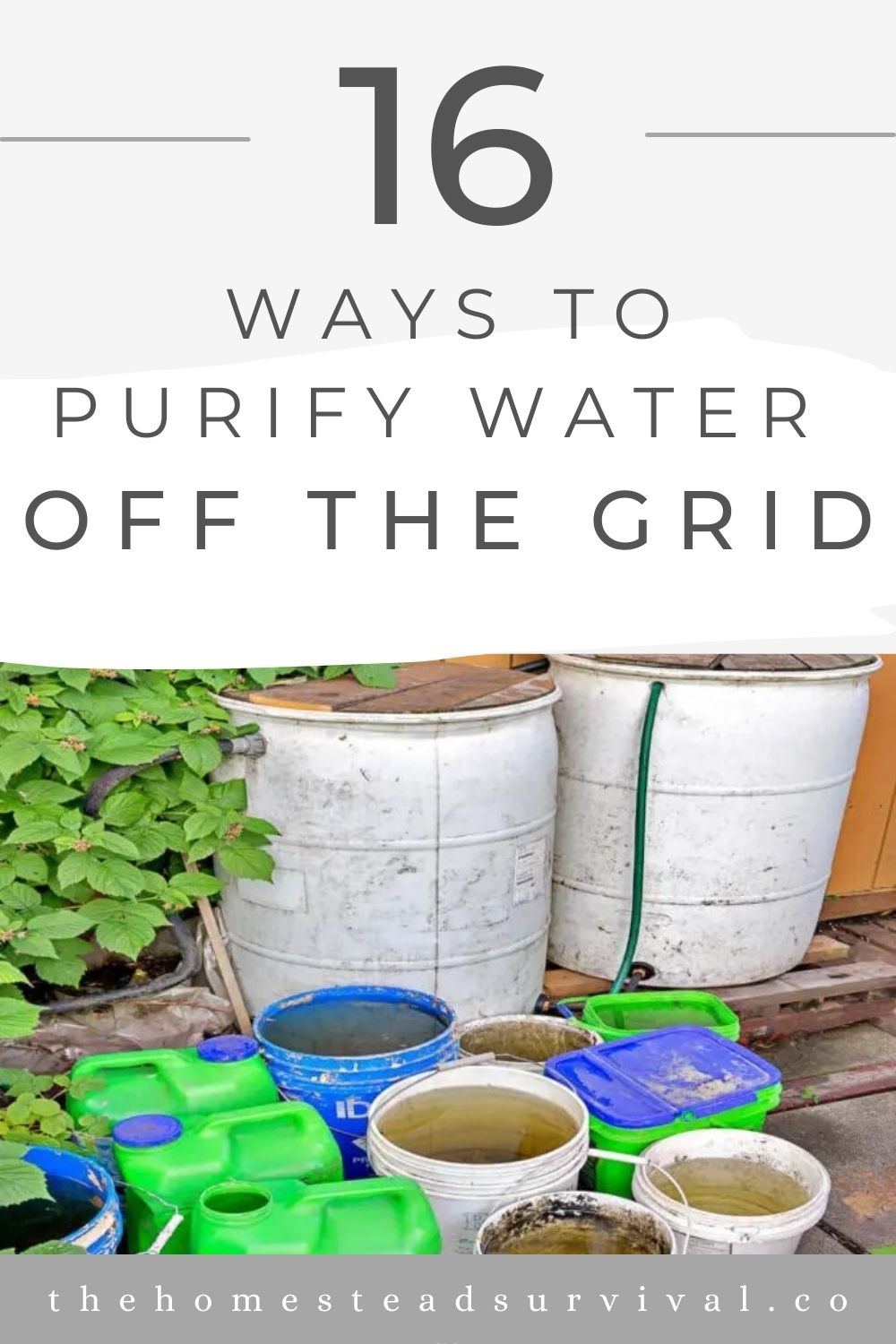Water is a fundamental necessity for life. However, just because water appears clean doesn’t mean it’s safe to consume. The World Health Organization has highlighted that millions succumb to diseases from contaminated water annually. Especially when living off the grid or homesteading, access to public drinking water might be limited, emphasizing the importance of purifying your water. Here are 16 methods to ensure your water is safe for consumption when living off-grid.
Boiling Water
One of the most reliable methods to eliminate viruses, bacteria, and parasites from water is boiling. Bringing water to a full, rolling boil for a minimum of one minute is essential (three minutes for higher altitudes). However, it’s crucial to note that boiling won’t remove chemicals or particles, but it effectively kills harmful microorganisms.
Disinfection
Disinfection is another method to make water potable. Common disinfectants include household bleach, iodine, and water purification tablets. The EPA provides guidelines for disinfecting with bleach. It’s essential to maintain the correct bleach-to-water ratio to ensure safety.
- Use eight drops of 6% bleach or six drops of 8.25% bleach per gallon of water.
- If the water is cloudy or cold, double the bleach amount.
- Stir and let it stand for 30 minutes.
- If there’s a strong chlorine smell, transfer the water to another container and let it stand for a few hours.
Water Filtration
Water filters vary in their capabilities and types. They range from countertop filters to portable and whole-house filters. It’s essential to understand your filter type and ensure it’s suitable for your water source. Notably, water purification filters differ from standard water filters, which might only enhance taste but not purify the water.
Lifestraw Water Filters
Lifestraw offers a range of water filters tailored to filter various contaminants. They have single-person straw filters and larger, gravity-fed filters suitable for homesteads or camps. However, these systems rely on filters with limited lifespans, so monitoring usage and expiration is crucial.
Berkey Water Filters
Many homesteaders trust Big Berkey water filters for clean, safe drinking water. These systems, though a bit pricey, are highly effective, eliminating almost all contaminants. However, acquiring replacement filters off-grid might be challenging.
Distillation
Distillation involves boiling water to produce steam, which is then condensed back into water. This method removes nearly all impurities, but the resultant water might taste bland due to mineral removal. Distillation can be achieved using devices like an Instapot or a traditional pressure canner. There are also countertop distillation pots available for those with access to electricity.
Solar Still
A solar still utilizes the sun’s energy to produce pure water. It’s an excellent choice for off-grid living as it doesn’t require electricity. However, its efficiency might be compromised in cold or cloudy conditions. There are various DIY methods to build a solar still, including using a hole in the ground covered with a plastic sheet.
Ultraviolet Light Purification
Ultraviolet light can effectively disinfect water. Devices like the SteriPen are popular for purifying individual water bottles. However, larger UV purification systems for homes need electricity. Portable units, on the other hand, might operate on batteries.
Solar Purification
Solar purification involves using sunlight to improve water quality. By filling a 2-liter bottle with clear water and placing it under direct sunlight, the water’s quality can be enhanced. However, this method doesn’t remove chemical impurities.
Purifying Water with Wood
Recent studies from MIT have shown that sapwood can filter out a significant amount of E. Coli. This discovery hints at the potential future of water filtration using natural resources.
Rain Water Filter
For those collecting rainwater, a 4-step DIY water purifier can ensure the water remains clean. While this system doesn’t produce purified water, it effectively removes most particles.
In conclusion, ensuring access to clean and safe drinking water is paramount, especially in off-grid living conditions. By understanding and employing the methods mentioned above, one can safeguard their health and that of their community. Remember, always research and choose the purification method that best suits your water source and needs. And most importantly, always be prepared with backup methods and supplies.


